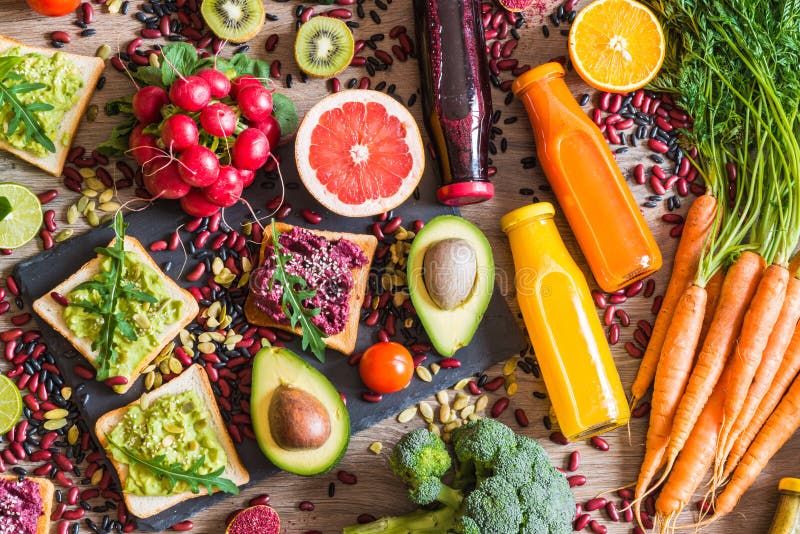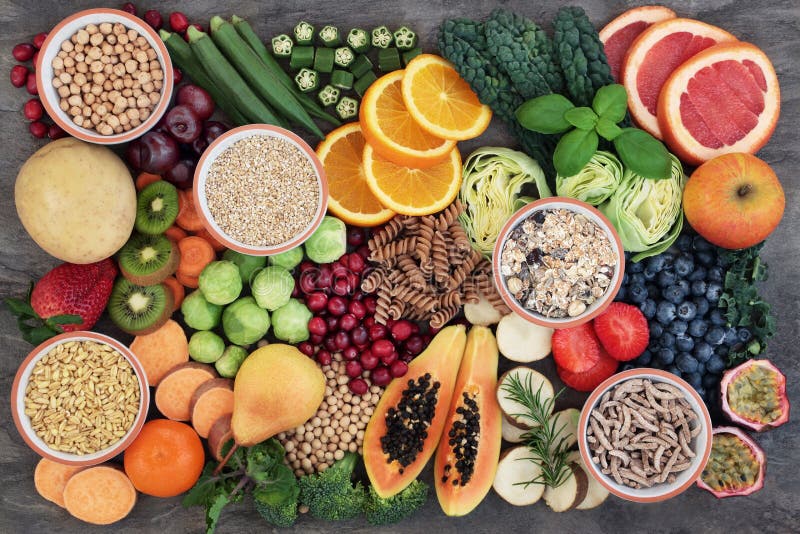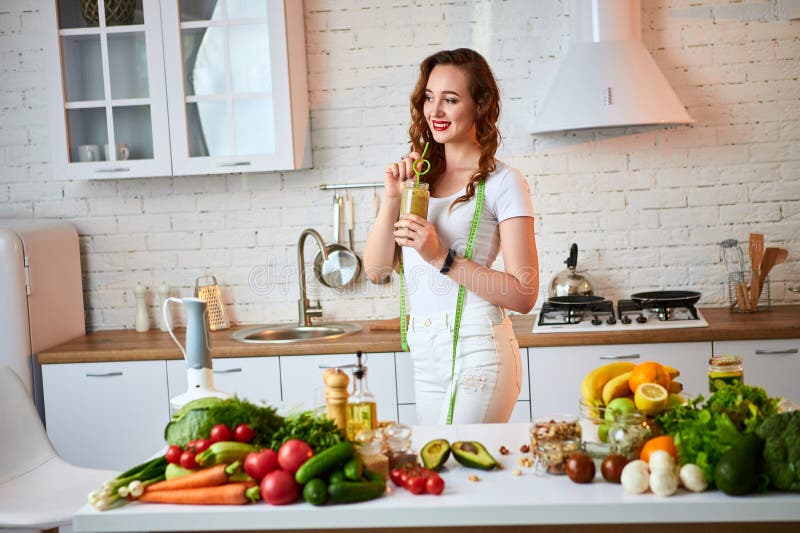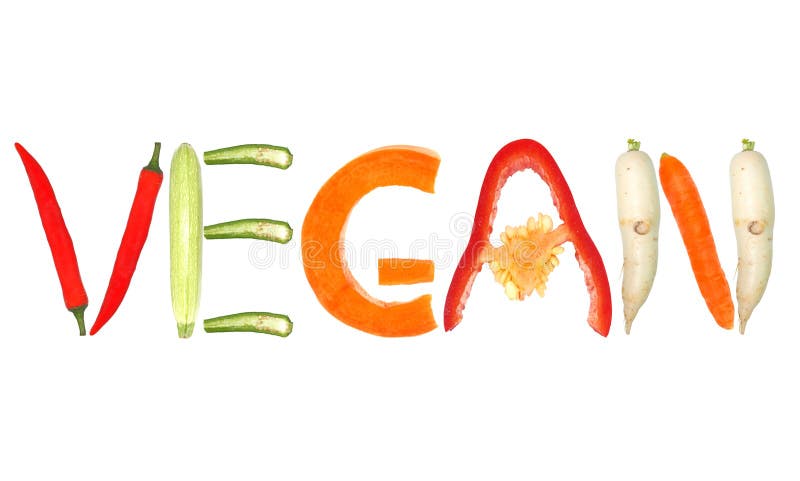Vegan Globetrotter is supported by our audience. When you purchase through one of our links, we may earn a small affiliate commission. As an Amazon Associate I earn from qualifying purchases. Your cost is not affected.
==================
Vegan Diet Longevity
With more and more people adopting vegan diets, this question has recently come to the forefront of conversations. Of course, vegan longevity is not without controversy. But, according to many studies, it seems that vegans live longer lives than non-vegans.
Therefore, it is essential to understand how to be vegan correctly. By doing so, you can get all of the nutrients your body needs. This can help ensure your longevity.

Vegan Diet Longevity: The Wrong Approach
There are many ways people approach Veganism incorrectly. These can make it harder for them to live a long life as a vegan. One example would be thinking the only way to eat healthily is by eating an altogether fruit and vegetable diet.
While this may work for some people, most people need a vegan diet plan. This can include more than fruits and vegetables. In addition, vegans should make sure they get enough omega-3 fatty acids in their diet. Such foods include flaxseed oil or ground flax seeds.
Vegan Diet Longevity: The Right Approach
Another way people approach Veganism incorrectly is by not understanding how many nutrients they’re still getting from animal product alternatives. This is even if they’re no longer eating meat and dairy products. For example, you can get calcium and vitamin D from fortified soy milk instead of cow’s milk. Moreover, you can get iron from blackstrap molasses instead of beef.
With the help of B12 supplements, it is possible to live healthily on a vegan diet for an active lifespan. You can do so if you take extra care of the nutrients you’re getting.
To live a long life as a vegan, you must understand how to get all of the nutrients your body needs through a vegan diet. This will protect you from nutrient deficiencies. These can also lead to serious health problems and possibly even death.
Do vegans have a longer life expectancy?
Here goes a complicated answer to this question. But for some reason, vegans may outlive non-vegans. A study at Loma Linda University showed that vegan Seventh-day Adventists had a lower risk of death by 35% over six years than meat-eaters. There was even an advantage among those who ate eggs or dairy.
Of course, one must remember that Seventh-day Adventists require to take B12 supplements (which means they’re not true vegans). Plus, they need regular exercise. This makes the results of this study less clear.
Nevertheless, many other studies have shown that vegetarians live longer than meat-eaters. Though again, it’s hard to say whether this is just because they tend not to smoke and lead healthier lives.
The Secret to Long Life as a Vegan
There is one thing that science tells us about the vegan diet and how it can help vegans live longer lives. That “thing” is fiber. As we learned above, vegans must eat their fruits and vegetables to get all of the nutrients they need to live well. But what many people don’t realize is that those fruits and vegetables contain an added benefit: fiber.
Fiber is the key!

You can find fiber in all whole plant foods, especially those high-fiber beans, nuts, fruits, and vegetables. All these are staples for vegan diets. Eating enough high-fiber foods every day will keep your digestive system working correctly. It can prevent you from developing stomach problems like diverticulosis and hemorrhoids.
Fiber is only one of the vegan diet longevity secrets that you’ll find out about when studying healthy vegan diets. Eating a balanced vegan diet can help improve your health, decrease your risk for heart disease and cancer, and even allow you to live longer than non-vegans. This is because it protects against inflammation, oxidative stress, and aging.
So why do vegans have a longer life expectancy?
Does it seem like vegans live longer lives? Indeed, they do. In fact, research shows that, on average, vegans do have longer life expectancies than non-vegans! However, if you want to live a long life full of good health and balanced nutrition as a genuine vegan, you must learn how to obtain all of the nutrients your body requires. Eating a vegan diet is much easier than most people think. You can do so in a healthy way that allows you to lead a long life as well.
There’s a straightforward thing that science tells us about the vegan diet and how it can help vegans live longer lives. Those fruits and vegetables contain fiber. This is essential for keeping your digestive system working correctly. You also need to make sure you’re eating enough high-fiber foods every day (especially beans, nuts, and whole grains) to prevent problems like diverticulosis and hemorrhoids from developing.
Another one of the secrets to living a long life as a vegan is knowing what nutrients your body needs. You should also ensure you get them every day. It’s essential to eat foods high in protective antioxidants. This includes blueberries, cranberries, strawberries, raspberries, blackberries, yams, artichokes, kale, broccoli, carrots, beets, beans/legumes (including soy), and almonds.
Vegan diets also help you maintain a healthy weight while protecting your heart against disease and diabetes. It also lowers your risk of cancer. All of which can add years to your life expectancy!
A vegan diet is more than just a weight-loss diet.
The vegan diet is more than just a way to lose weight or feed yourself without harming animals. It’s also one of the keys to living long lives thanks to the fiber found in many whole plant foods.
In addition, vegetables are not only good for health. But they’re great for keeping your digestive system working correctly. These are essential for preventing stomach problems like diverticulosis and hemorrhoids.
The key to living a long life as a vegan is knowing what nutrients your body needs and ensuring you’re getting them every day. Luckily, that’s pretty easy to do when you follow the vegan diet. This is because it generally involves eating more whole grains, beans/legumes (including soy), vegetables, fruits, and nuts than non-vegans do.
Over millions of years, our bodies evolved on diets consisting mainly of leaves and berries. These also come with nuts, seeds, fruits, and occasional meat. So the vegan diet is nothing new – it’s the most natural way to eat for our bodies!
Vegan Diet Longevity and Life Expectancy Myths to Know
Now that you know a few things about vegan diet longevity, here are a few myths about vegan diets to debunk:
First, vegans live shorter lives due to a lack of protein.
This myth probably comes from the idea that vegans only eat carbs and get enough proteins or amino acids. However, overeating protein (especially red meat) links to obesity, heart disease, diabetes, type 2, and some forms of cancer. That is why we need to focus on getting our protein from plant foods like beans and nuts!
There’s nothing sustainable about eating vegan.
While some believe that it makes sense for industrial societies like ours with abundant food sources to rely on meat and animal products as staples in their diet (and it makes economic sense), this is not the case for other societies.
However, meat and other animal products cost more to produce and use more of our natural resources. Many experts believe that we need to move toward a more plant-based lifestyle for the betterment of our earth, land, oceans, and air. Study after study indicates that a plant-based diet provides the best for our Earth and the people residing here. (ref: Our World article)
There’s a reason why veganism has been a common way of living for people from cultures worldwide throughout human history. And, it certainly isn’t because they eat less!
You need meat to maintain muscle mass.
The protein myth also tells us that we need to eat animal products since they’re high in protein and amino acids. However, many plant foods are better sources of these things than meat!
Vegans don’t have any trouble building muscle or gaining strength. Thanks to a diet that includes beans/legumes (including soy), nuts, seeds, quinoa, spinach, potatoes (with skin), broccoli, leafy greens like kale and collard greens, oatmeal, rice, and whole grains like brown rice, quinoa, and oats.
Need proof to explain to others? LiveKindly.co offers this list of vegan athletes.
You’ll never get enough calcium or iron on a vegan diet!
This myth is often rooted in the protein myth. By thinking that vegans don’t eat any animal products (like meat), people wrongly assume they don’t get any calcium or iron.
On the contrary, vegans get less cholesterol than non-vegetarians (not to mention having lower risks of heart disease). This is because most of their “protein” comes from substances like vegetables, beans/legumes (including soy), etc.
These are all things that are naturally low in cholesterol with not too much-saturated fat involved. On average, vegetarians consume about 500 more milligrams of calcium than non-vegetarians (most of which comes from kale, broccoli, bok choy, etc.). That’s more than an 8-ounce glass of milk!
The other nutrients in milk are also easy to get without the high saturated fat content. For example, 1 cup of fortified soy milk has about 15% of your daily iron needs.
The vegan diet is not only good for living a long life. But it’s also kinder to animals, better for the environment, and easier to maintain. This is because you won’t struggle with too much weight! So what are you waiting for? If you’re wondering what do vegans eat, then just check out our vegan foods page!
Vegan Diet Longevity: Conclusion
While Veganism shows to prolong human beings’ lives, there’s no evidence yet that eating an exclusive fruitarian diet can give vegan diet longevity. Vegans must plan their lifestyle around their chosen dietary restrictions to enjoy the benefits of living longer as vegans for decades rather than just years. With enough knowledge and planning, it is possible to eat healthy and well on a vegan diet and live a long life.
Read More:





Don't miss out
when new recipes and information are added!
Join our newsletter for free recipes,
healthy living inspiration, and special offers
You have Successfully Subscribed!